30 days after the Ngerian National Assembly submitted the 2021 Electoral Amendment Bill to the Executive arm of government, President Muhammadu Buhari has failed to assent to it as exclusively reported by Prime Business Africa on December 1.
This multimedia organisation had informed that the Nigerian President had declined assent several days after he received the Bill for assent.
The report stated that President Buhari was approached in Abuja by governors of his political party, the All Progressives Congress (APC), who requested that he declined assent based on provision in the Bill that would compel all political parties to adopt direct primary elections in appointing candidates.
Join our WhatsApp ChannelThe APC governors believed that such a rigorous process, though much more democratic, would further divide the ruling party which was already facing crises at different levels.
Prime Business Africa also reported authoritatively that the governors, in a close-door meeting, told President Buhari that they were concerned about cost implications of direct primaries in the run-up to the 2023 general elections, a concern they said were also expressed by their People’s Democratic Party (PDP) counterparts.
Electoral Act: Buhari Declines Assent Over ‘N500B’ Direct Primary Costs
The December I, 2021 exclusive report by Prime Business Africa also recalled that the PDP and their governors had ealier threatened court action if the law forced the party to go the direct primary election route.
Faced with the APC governors’ pressure and advice, President Buhari, Prime Business Africa exclusively reported, sought the opinion of the Independent National Electoral Commisison (INEC) and that of the Minister for Justice and Attorney General of the Federation (AGF), Abubakar Malami.
INEC’s chairman, Mahmood Yakubu, in his response, advised Buhari that conducting direct primaries for all the political parties would demand INEC’s presence and supervision, and could cost as much as N500 billion (a little above N480 billion), a cost that could be cumbersome for Nigeria’s struggling economy.
INEC’s Yakubu, Prime Business Africa gathered, said that, considering Nigeria’s population and electoral perculiarities, going the Direct Primary route, in terms of logistics and costs, would amount to conducting the general elections more than twice.
AGF Malami, Prime Business Africa reported on December 1, had consulted with relevant interests and returned with the same advice that, considering the direct primary election dilenma, the President would not have to grant assent to the Electoral Bill in its present form, the reason Buhari declined assent and privately communicated his decision to relevant quarters shortly before Prime Business Africa exclusive report on December 1.
The exclusive story, however, triggered responses and horse-trading within the executive and legislative arms of government as well as in the media industry, eliciting denials, counter-narratives and positioning on the matter.
Failed Electoral Bill: Buhari Confirms Prime Business Africa’s December 1 Exclusive Report
Garba Shehu, the President’s media and publicity aide, for instance, responded to a newspaper’s query days after, to confirm Prime Business Africa’s report and but said that the Presidency was still consulting on the matter.
Subsequent online and newspaper reports also sought to reinvent the report, interestingly claiming exclusivity several days after Prime Business Africa exclusively broke the story.
A particular report, in obvious repeat of the December 1 report, wrote that APC governors were now mounting pressure on National Assembly members to agree with Buhari on the Electoral Amendment Bill matter as it affects direct primaries for political parties.
This was in addition to other subsequent reports in print and online media echoing Prime Business Africa’s Electoral Bill story that President Buhari would not sign the document.
Prime Business Africa had reported that the lawmakers would be faced with the options of effecting slight changes and reworking the Electoral Bill which they submitted on November 19, to accomodate Buhari’s will or override the President’s veto through a joint session of the National Assembly.
With the Prime Business Africa’s report now confirmed, this would be the second time President Buhari would be declining assent to the Electoral Bill Amendment in his two tenures as president.
The first time was shortly before the 2019 general elections when the president refused to sign the Bill that would have birthed an Electoral Act providing for a transparent electronic transmission of results.
N500Bn Direct Primary Costs: Prime Business Africa’s Exclusive Report Triggers Nationwide Horse-trading
The President was sceptical at the time that Nigeria’s democratic process had not grown to accomodate e-transmission of results as that, according to him, could lead to manipulations.
He was widely condemned by Nigerians for toeing that path. Buhari went on to win the 2019 election amid complaints and legal challenge by the opposition PDP and its presidential candidate Alhaji Atiku Abubakar.
This time around, Nigerians are worried that not signing the electoral Bill against Buhari’s will and that of politicians, could further discredit the process and disenfranchise Nigerians.
The Nigerian Bar Association (NBA), civil society organisations, religious and regional leaders have all called onnthe president to sign the bill without further delay.
But with the expiration of the 30-day window, there is indication that the electoral process as it affects inclusiveness and transparency in choosing candidates is back to its tethers.

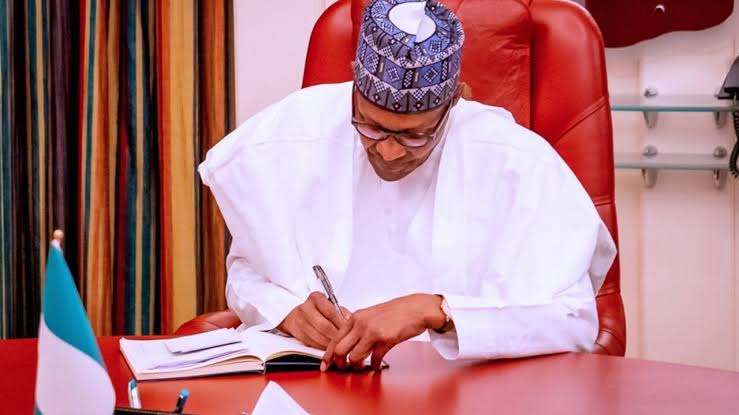


![Breaking: Tinubu Returns To Abuja After Europe Trip [Photos]](https://www.primebusiness.africa/wp-content/uploads/2025/04/Tinubu-returns-to-Abuja-Pohotos-2-720x480.jpeg)

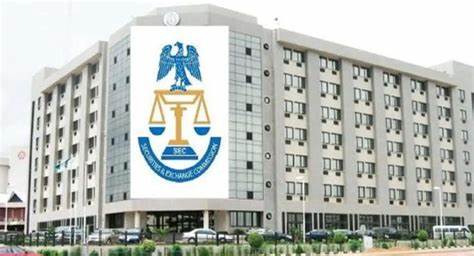




![Breaking: Tinubu Returns To Abuja After Europe Trip [Photos]](https://www.primebusiness.africa/wp-content/uploads/2025/04/Tinubu-returns-to-Abuja-Pohotos-2-150x150.jpeg)



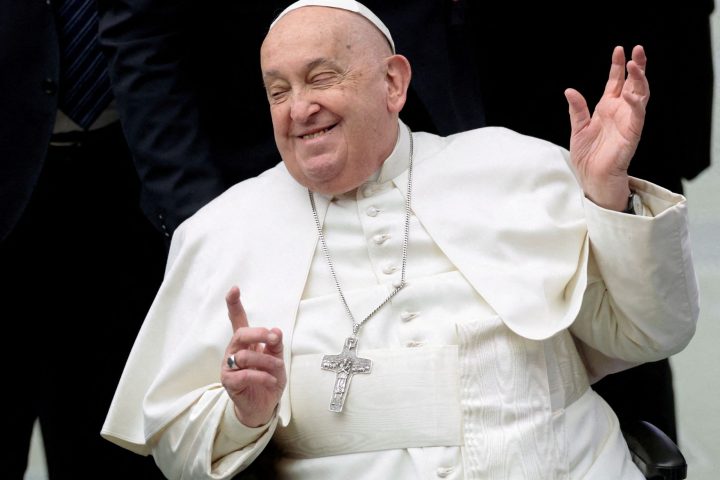
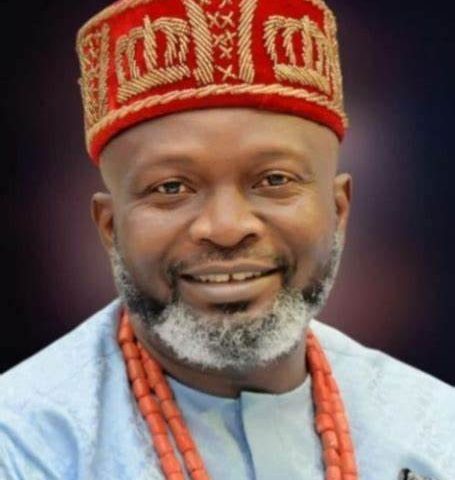
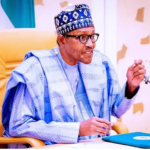
Follow Us